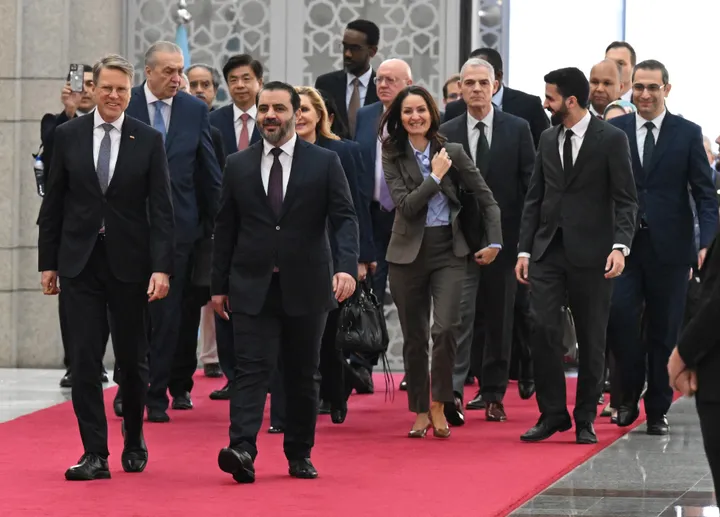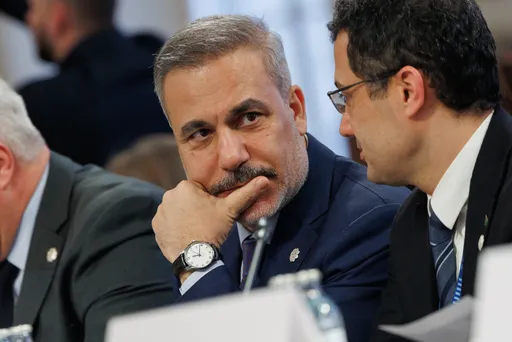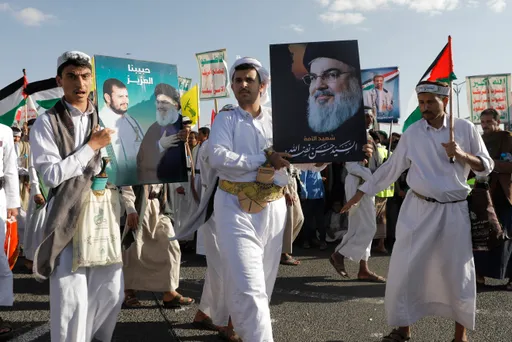The first UN-backed contingent of foreign police has arrived in Haiti, nearly two years after the troubled Caribbean country urgently requested help to quell a surge in gang violence.
A couple hundred police officers from Kenya landed in the capital of Port-au-Prince on Tuesday, whose main international airport reopened in late May after gang violence forced it to close for nearly three months.
It wasn’t immediately known what the Kenyans’ first assignment would be, but they will face violent gangs that control 80 percent of Haiti’s capital and have left more than 580,000 people across the country homeless as they pillage neighbourhoods in their quest to control more territory.
The Kenyans’ arrival marks the fourth major foreign military intervention in Haiti. While some Haitians welcome their arrival, others view the force with caution, given that the previous intervention — the UN’s 2004-2017 peacekeeping mission — was marred by allegations of sexual assault and the introduction of cholera.
No 'transparency'
Romain Le Cour, senior expert at Global Initiative Against Transnational Organized Crime, also called on the international community and government officials to share details including the mission’s rules of engagement and concept of operation.
"We haven’t heard about a proper strategy about the mission on the ground, what is going to happen vis-a-vis the gangs," he said. “Is it a static mission? Is it a moving mission? All those details are still missing, and I think it’s about time that there’s actually transparency.”
The Kenyans’ deployment comes nearly four months after gangs launched coordinated attacks targeting key government infrastructure in Haiti’s capital and beyond.
They seized control of more than two dozen police stations, fired on the main international airport and stormed Haiti’s two biggest prisons, releasing more than 4,000 inmates.
“We’ve been asking for security for the longest time,” said Orgline Bossicot, a 47-year-old mother of two who sells carrots and charcoal as a wholesale distributor.
Gang violence has stymied her sales, and she tries to stay out as late as possible before sundown to make up for the losses despite being afraid.
“You don’t know who’s waiting for you around the corner. We are a target,” she said, adding that she is hopeful about the Kenyan police joining forces with local authorities. “It would be a great step forward for me, for Haiti and for a lot of people.”
Gang attacks
Critics say the coordinated gang attacks that began Feb. 29 could have been prevented if the foreign force had been deployed sooner, but multiple setbacks including a legal challenge filed in Kenya and political upheaval in Haiti delayed its arrival.
The coordinated attacks achieved their obje ctive: preventing then-Prime Minister Ariel Heny from returning to Haiti. At the time, he was in Kenya to push for the deployment of the force, but he resigned in late April amid the surge in violence.
Since then, a nine-member transitional presidential council was formed. It chose former UN official Garry Conille as prime minister May 28 and appointed a new Cabin et in mid-June.
Despite the new leadership, gang violence has persisted.
“It’s hard to assess what is going to be the attitude of the gangs vis-a-vis the (mission),” Le Cour said. “It’s probably fair to say there won’t be a homogenous response from the gangs. Some of them might fight. Some of them might want to negotiate and open dialogue with the Haitian government."
























